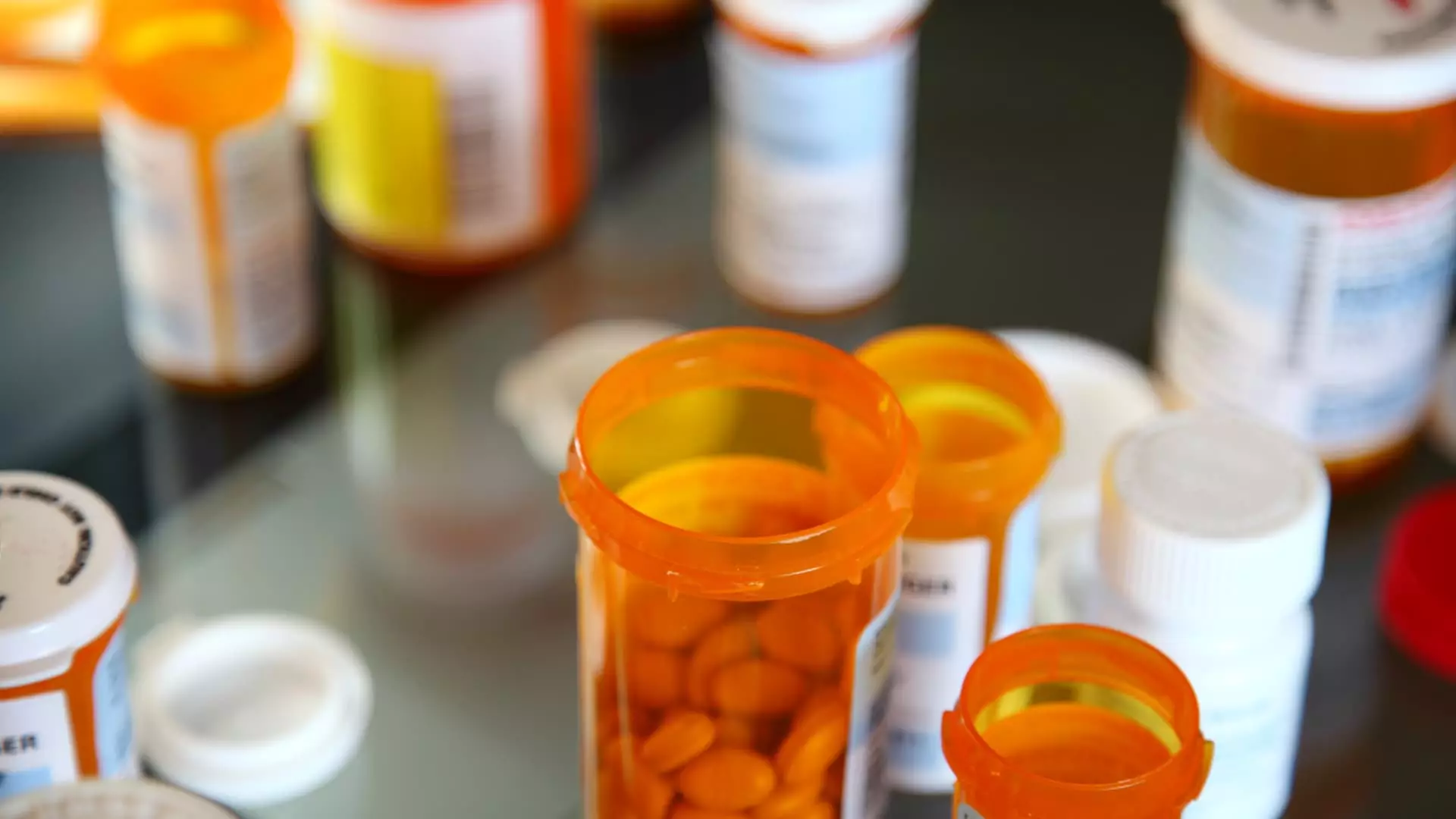The recent announcement by former President Donald Trump regarding the imposition of steep tariffs on imports from Canada, Mexico, and China has sent shockwaves through the American healthcare landscape. Aimed at addressing various issues, including drug trafficking and immigration, these tariffs are predicted to catalyze a series of unintended consequences in the pharmaceutical sector. This article delves into the potential repercussions of these tariffs, focusing on drug shortages, healthcare costs, and the challenges faced by generic drug manufacturers.
The timing of these tariffs is particularly concerning as the United States grapples with an unprecedented shortage of vital medications—ranging from cancer therapies to basic generics. According to healthcare advocates, the 25% tariff on goods from Canada and Mexico, alongside a 10% tariff on Chinese imports, could exacerbate the existing supply crises. The U.S. heavily depends on foreign suppliers for pharmaceuticals, particularly generic drugs, which make up a staggering 90% of prescriptions filled. As tariffs increase operational costs for manufacturers, these companies may find it untenable to continue producing essential medications, leading to even greater shortages that threaten patient care.
The relationship between tariffs and drug availability is not merely theoretical. Industry leaders warn that the cost pressures created by these tariffs might force many smaller and cash-strapped generic drug manufacturers out of the market entirely. John Murphy, CEO of the Association for Accessible Medicines, highlights that generic manufacturers are already operating on razor-thin profit margins; introducing tariffs that inflate their costs could be the final nail in the coffin for some.
In addition to worsened drug shortages, patients may face increased healthcare costs as manufacturers adjust to new economic realities. Healthcare Distribution Alliance has voiced concerns that tariffs will impact the supply chain severely, which could lead to higher prices for consumers, including those relying on Medicare and Medicaid. Consequently, the financial strain on these patients could reach unsustainable levels, creating further disparities in health access.
Healthcare costs have been a contentious issue in the U.S., with many Americans unable to afford their prescription medications. If tariffs further drive up these costs, the health outcomes for countless individuals may worsen, disproportionately affecting low-income populations and those with chronic health conditions.
As the backbone of affordable medicine, generic drug manufacturers face unique challenges amid the impending tariffs. With an already declining market value—having lost approximately $6.4 billion over the last five years—these companies are in a precarious situation. The burden of additional costs could force them to withdraw from specific markets or discontinue certain products entirely, leaving patients with fewer options.
Murphy’s call for exemptions for generic pharmaceuticals is not merely a request for corporate welfare; it reflects a concern for public health. The potential for increased costs and decreased competition could stymie innovative solutions that typically spring from a thriving generic market.
Not only pharmaceuticals but also the medical device industry could feel the sting of these tariffs. Many crucial medical instruments and devices are manufactured overseas, particularly in Mexico and China, where production costs are significantly lower. Companies like Intuitive Surgical, known for advanced surgical systems, have expressed apprehension about how tariffs would raise their operational costs and ultimately impact their profitability and investment in research.
The aggregate effect of these tariffs could result in higher costs for hospitals and healthcare facilities, which rely on a steady supply of affordable medical devices and protective gear. Any disruption in this supply could undermine healthcare delivery in a system already beset by vulnerabilities.
Given the myriad challenges posed by the tariffs, several trade groups, including AdvaMed, are advocating for a comprehensive reevaluation of the trade policies concerning pharmaceuticals and medical devices. They argue that while the intent behind the tariffs may be to bolster domestic industries and safeguard national security, the potential negative implications on healthcare access and affordability must not be overlooked.
Furthermore, the pharmaceutical research community echoes this sentiment, calling for trade measures that prioritize fair practices while also protecting intellectual property rights without inadvertently jeopardizing patient care.
The intersection of trade policy and healthcare presents a complex dilemma. While the intent behind tariffs may focus on addressing broader economic and sociopolitical issues, the fallout on the medical industry raises pressing concerns. With health outcomes and patient access at stake, it is imperative for policymakers to consider the broader implications of their decisions. Balancing trade objectives with the necessity of maintaining a robust and accessible healthcare system is not merely a challenge but an ethical obligation that the U.S. must confront.

